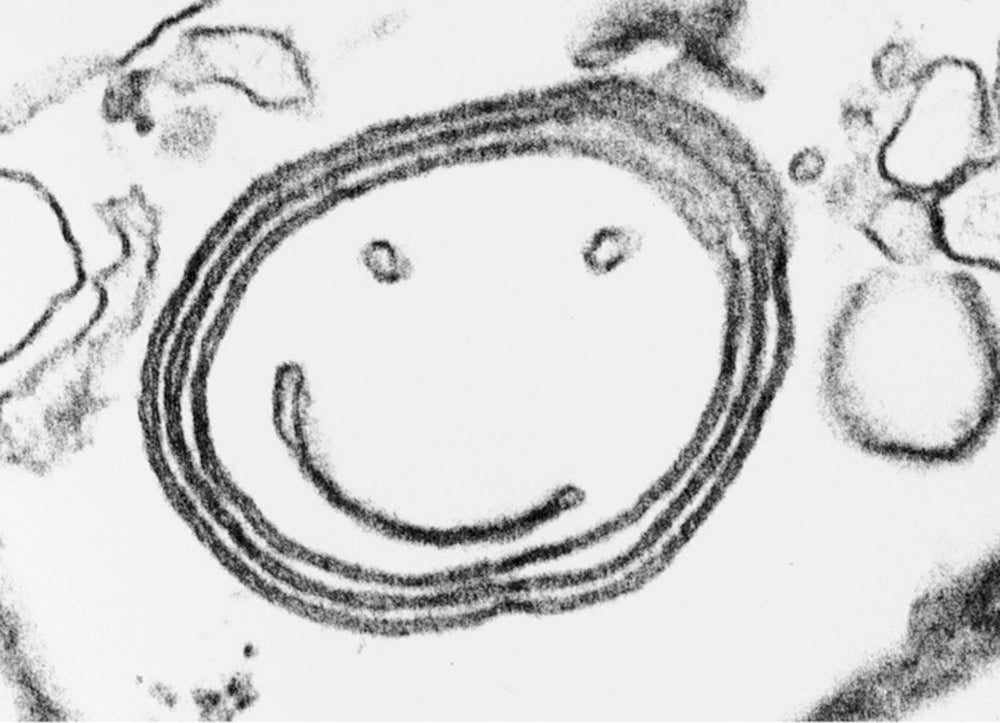Research in the Wang Lab focuses on the biogenesis, function, and defects of the Golgi in diseases. The Golgi apparatus is a central membrane organelle for protein trafficking and secretion in all eukaryotic cells. A unique feature of this organelle is a stack of flattened cisternae. Our research aims to understand how this structure is formed and why its formation is important for Golgi function under normal and disease conditions.
In vitro reconstituted Golgi membranes (Learn more about our Research).
Research Areas of Interest
1. Golgi biogenesis, function, and defects in diseases
2. Membrane trafficking
3. Cell cycle regulation
4. Cell biology and diseases, including cancer, asthma and Alzheimer’s disease
5. Post-translational modifications, including phosphorylation, ubiquitination, N- and O-glycosylation
About Yanzhuang Wang, Ph.D.
Dr. Yanzhuang Wang is a Professor of Cell Biology in the Department of Molecular, Cellular and Developmental Biology (MCDB) at the University of Michigan, Ann Arbor. He is also a Professor in the Department of Neurology at UM Medical School. Dr. Wang gained his Bachelor’s and Master’s degrees in Biology from Nankai University in China. He then received his PhD in Neurobiology from the University of Heidelberg in Germany, where he worked on neuroendocrine secretion with Dr. Wieland Huttner. Before joining the UM faculty, he worked with Dr. Graham Warren at Yale University, first as a Postdoc Associate, then as a Research Scientist. At Yale he worked on Golgi structure and function.




